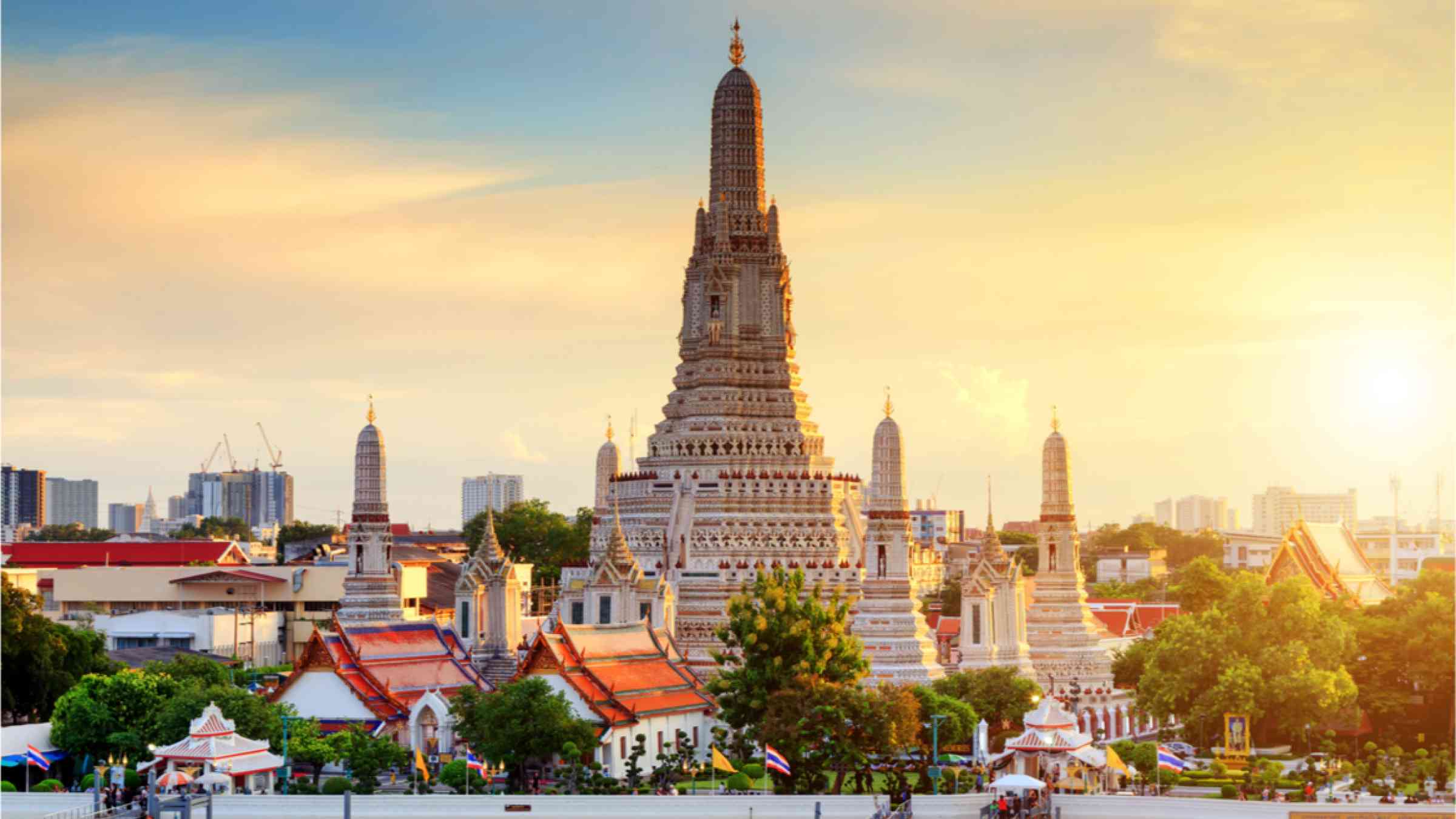Building Back Better is an essential component of DRR and is explicitly recognized in the Sendai Framework as a priority for action. However, as emerged from the SFDRR Midterm Review “Build Back Better” principles have not been applied systematically and countries continue to face significant barriers to progress, including insufficient national capacities, limited engagement of diverse stakeholders, and a lack of financing.
As we face the ongoing challenges posed by recent crises, the need to "Build Back Better" has never been more critical. This approach is not just about recovery—it's about ensuring a more resilient, sustainable, and equitable future for Asia and the Pacific. To achieve this, readiness for recovery must be at the forefront of our efforts. By proactively preparing for the future, we can address vulnerabilities, adapt to changing conditions, and create a foundation that not only withstands future shocks but thrives beyond them. Readiness for recovery is the key to building a stronger, more inclusive society that leaves no one behind.
Improving recovery readiness is essential for addressing the key challenges raised by the Midterm Review and to enable countries to effectively build back better. Enhancing recovery readiness can help ensure that the resources, capacities, policies, and plans necessary to recover and build back better are in place prior to a disaster event. It can help countries to responsibly shorten recovery timelines, build resilience, reduce disaster losses, and foster a more inclusive and equitable recovery.
The Asia-Pacific Resilient Recovery Dialogue aims to strengthen readiness for resilient recovery in the Asia-Pacific region and develop pathways to put the Build Back Better agenda and the Sendai Framework back on track. Speakers will share their experiences, challenges, and priorities for resilient recovery. The session discussions will consider actionable steps to operationalize recovery readiness in the region. The discussions will help refine and advance more inclusive and effective approaches to resilient recovery, while reflecting on the collective will and needs of the region.
Speakers:
- Mr. Kamal Kishore, UN SRSG for DRR, UNDRR
- Mr. Rajendra Singh, Member & Head of the Department, NDMA, Government of the Republic of India
- Mr. Carlos Bernardo O. Abad Santos, Undersecretary, National Economic and Development Authority, Republic of the Philippines
- Assistant Secretary Bernardo Rafaelito R. Alejandro IV (Civil Defense Deputy Administrator for Administration and Education), Office of Civil Defense, Government of the Republic of the Philippines
- Mr. Baasansuren Demberelnyam, Secretary of the Secretariat for National Council for Disaster Risk Reduction (DRR), Government of Mongolia
- Sally Kuschel, Assistant Coordinator-General Strategy and Resilience Policy Branch, National Emergency Management Agency, Government of the Commonwealth of Australia
- Ms. OHASHI Makiko, Director in charge of International Cooperation Disaster Management Bureau Cabinet Office, Government of Japan
- Ms. Sarah Holland, Chief Advisor to the Chief Executive, Government of New Zealand
- Mr. Winfried Wicklein, Director-General, Southeast Asia, Asian Development Bank (ADB)
- Mr. Hans Guttman, Executive Director, Asian Disaster Preparedness Center (ADPC)
- Ms. Alexandra Galperin, Unit Head Disaster Risk Management, Asian Development Bank
- Dr. Abhilash Panda, Deputy Chief, Intergovernmental processes, Interagency cooperation and Partnerships Branch, UNDRR
- Ms. Simonetta Siligato, Senior Advisor, UNOPS Asia and the Pacific
- Ms. Shivangi Chavda, Head of Programmes, GNDR
Moderators:
- Mr. Aslaim Perwaiz, Deputy Executive Director, Asian Disaster Preparedness Center
- Mr. Paul Rosenberg, Associate Programme Management Officer, UNDRR
Documents

Agenda
Location
Philippine International Convention Center
